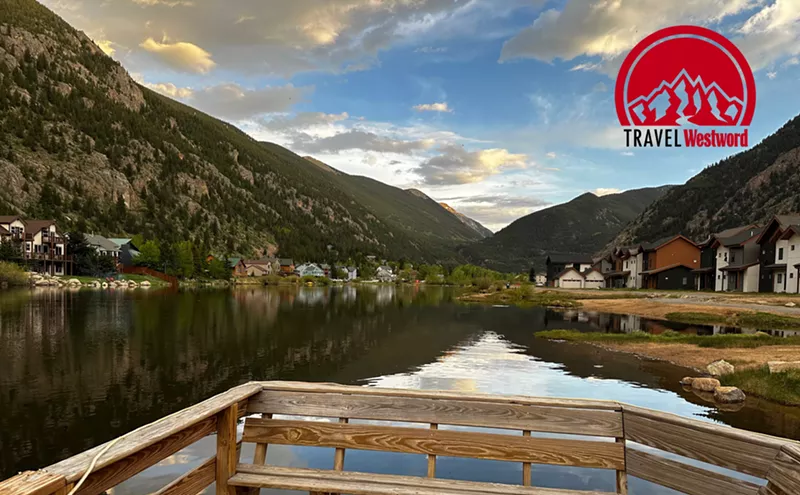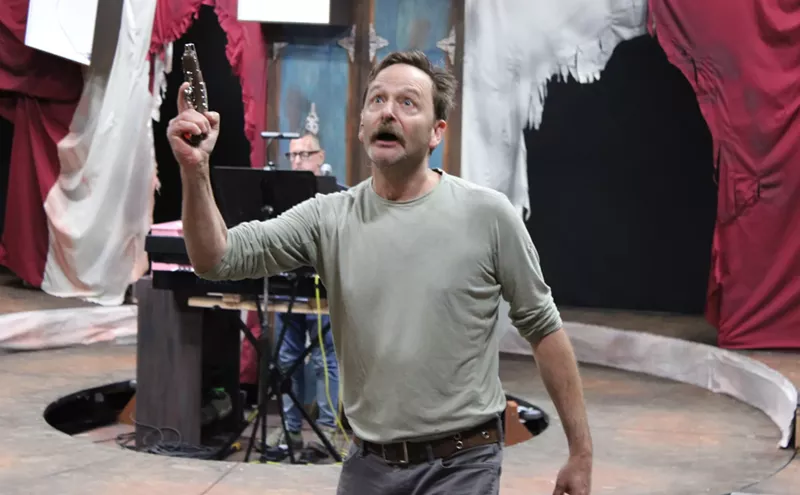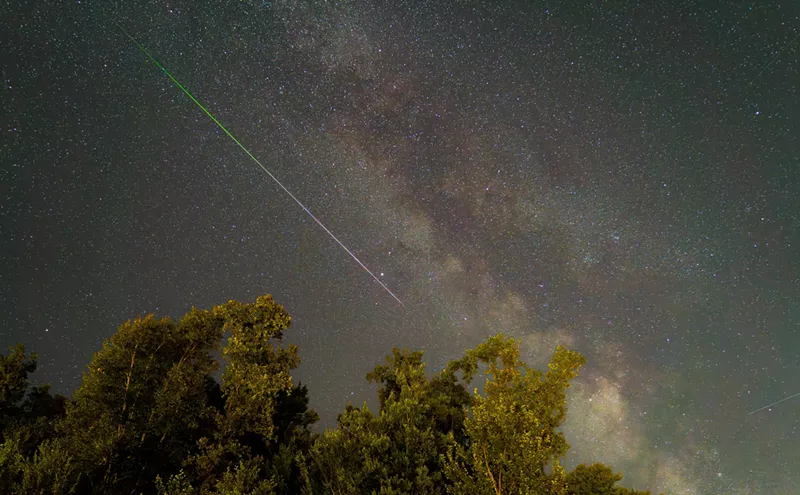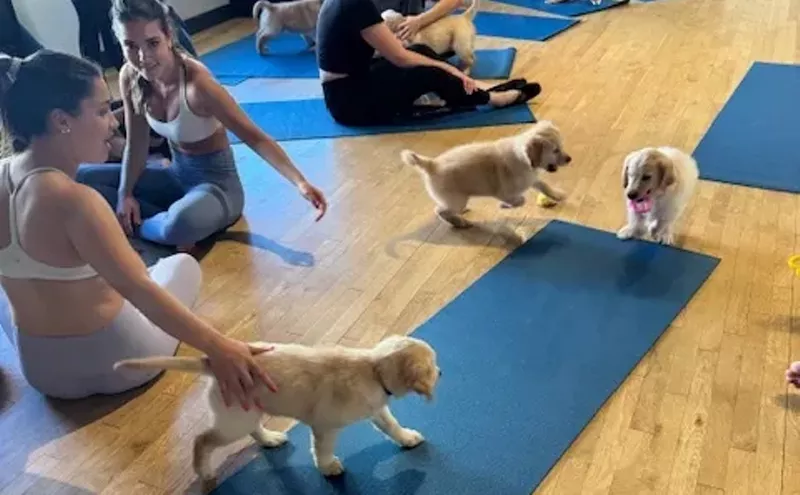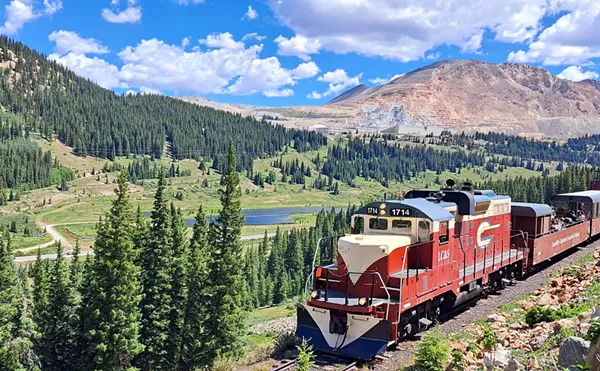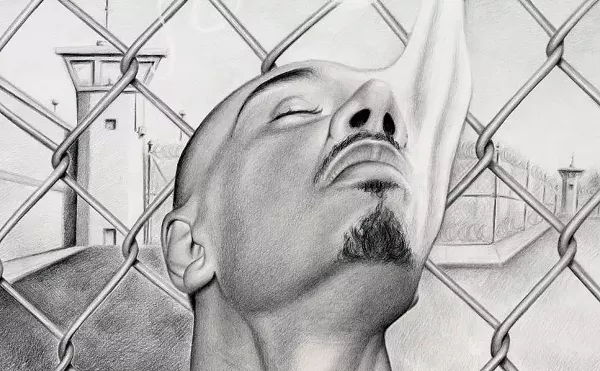Whenever I travel to a different city, I can't seem to get Denver out of my mind. It's like clockwork: Since I began documenting the changes to my home town over the last half-decade, I have become obsessed with how other cities operate and treat their citizens. Last week I visited New Orleans for the first time, and I was awestruck by its physical beauty. But what I learned while in New Orleans was something I find to be true of any place you don't call home: How you get to know a city can be subjective; the information you're given isn't always the whole story.
If you're a tourist interested in touristy things, New Orleans is great! Much of the city center is walkable (though I wouldn't say accessible), and there's a cute little streetcar to ride around on. New Orleans also has mobile, open-container booze laws, which I think would benefit Denver. (Seriously, what if every time you were bar-hopping, you didn't have to chug your current drink just to get in line to grab another full drink right away at the next bar? Then again, we are a city that loves to binge-drink, so free-moving liquor laws probably wouldn't change much here.) Information on the city's rich architecture and the living monuments to the version of Louisiana's history that is celebrated as fact can be found on plaques and statues on every corner. The city is old and beautiful, a testament to the melting pot that America was once lauded for being.
But, as in any American city, tourism is a business for New Orleans. Business and history don't have to agree on a narrative, which is why the plantation tour my family took was not only glaringly inaccurate, it was borderline obscene with how the true story of enslaved peoples was all but ignored. It's fun to take photos under the ancient oak-lined path that Forrest Gump ran along and everything, but the energetic weight of suffering endured on those same grounds was what I found myself focusing on. Later, I felt silly for even expecting an accurate portrayal of a plantation — just like in Denver, where the "Wild West" revisionist history is more romantic, New Orleans has its own share of tourist-centric, Gone With The Wind-ish mythology.
Walking alone and un-tour-guided through New Orleans offered a much greater learning experience. I crossed paths with the Tomb of the Unknown Slave at St. Augustine Catholic Church in Tremé, and we made a trek to Congo Square in Louis Armstrong Park. We also stopped by the jazz-history exhibit at the Old U.S. Mint, which was great except that it felt weird to see Brigham Young University's Jazz Legacy band playing at the New Orleans museum while a local brass band played outside the museum.
Another facet of New Orleans that I reveled in was the architecture; visiting a place with beautiful structures so different from what I encounter daily in the West alone was worth the trip. I snapped shot after shot of shotguns and double-gallery houses painted in soft yellows and rich lavenders, colors I could only imagine a city like Denver could embrace. Despite being ravaged by hurricanes Katrina and Rita (and many natural and human-made disasters before), New Orleans still had much of its built environment intact. But what did I really learn about New Orleans through this Instagram tour? I realized that what was missing from this visitor experience was the people.
Though the tours themselves may have been full of inaccurate retellings of history, the tour guides were not. Every single bus driver, Uber driver and cabbie we met spoke about Katrina — from dangerous government missteps and botched, biased media coverage to tales of family tragedy and survival. I learned the most about the city of New Orleans through the stories of René, Charles, Eleanor and Tim. These experiences were shared unprovoked; when your life is measured by how it lands on either side of a serious injustice, it becomes a running theme. More than a decade after the devastation, the people of New Orleans are still working through a lot. Understandably.
Back home, I thought about how mad those Banjo Billy Bus Tours clomping through town make me: What kind of Denver experience is anyone getting sitting on a bus? Then I realized that I am one of those tourists myself. I sat on a bus and learned about New Orleans by driving by it, which is never the way to learn about anything. So instead of shaking my fist and yelling, "What are you looking at? Go home!" at those damn Denver tourist buses, I'll hope that the people on that bus eventually get out and get to know Denver by talking to those of us who live there.
If you're visiting Denver, come for the weed and microbrews and whatever else you've been sold is "Denver." Just be sure to stay for the rich history of the Mile High City that can only be found when you learn about a place from the people who experience it every day.
Be my voyeur (or better yet, let me stalk you) on Twitter: @cocodavies

Audio By Carbonatix
[
{
"name": "GPT - Billboard - Slot Inline - Content - Labeled - No Desktop",
"component": "23668565",
"insertPoint": "2",
"requiredCountToDisplay": "2"
},{
"name": "STN Player - Float - Mobile Only ",
"component": "23853568",
"insertPoint": "2",
"requiredCountToDisplay": "2"
},{
"name": "Editor Picks",
"component": "17242653",
"insertPoint": "4",
"requiredCountToDisplay": "1"
},{
"name": "Inline Links",
"component": "18838239",
"insertPoint": "8th",
"startingPoint": 8,
"requiredCountToDisplay": "7",
"maxInsertions": 25
},{
"name": "GPT - 2x Rectangles Desktop, Tower on Mobile - Labeled",
"component": "24956856",
"insertPoint": "8th",
"startingPoint": 8,
"requiredCountToDisplay": "7",
"maxInsertions": 25
},{
"name": "Inline Links",
"component": "18838239",
"insertPoint": "8th",
"startingPoint": 12,
"requiredCountToDisplay": "11",
"maxInsertions": 25
},{
"name": "GPT - Leaderboard to Tower - Slot Auto-select - Labeled",
"component": "17676724",
"insertPoint": "8th",
"startingPoint": 12,
"requiredCountToDisplay": "11",
"maxInsertions": 25
}
]


